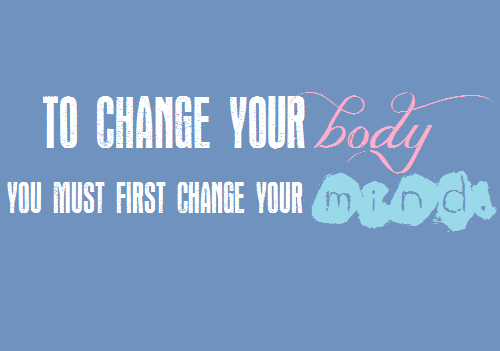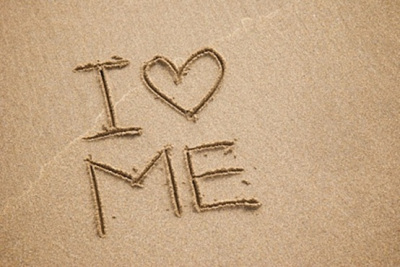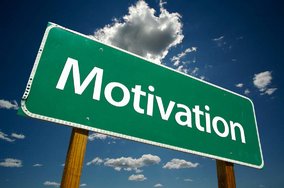 I’m not young or skinny, although I’ve been both.
I’m not young or skinny, although I’ve been both.
I know the month and year when I gained weight and the most I’d ever weighed. I can tell you the outside story of why that happened but, for the life of me, I can’t tell you why those pounds stayed around after the traumatic event passed. Oh, they play hide-and-seek but I always find them. Or, do they find me? It doesn’t matter.
I’m now trying to get to the root of this problem and figure out what type of eater I have become. I figure that will help create meaningful goals and plans for change. No need to plan to stop eating bread if I don’t eat bread anyway. No need to add more cardio if I’m already doing in hour a day. Get my drift? It goes deeper.
Morning breakfast gave me a good test. I like a spoonful of jelly / jam with my toast. I don’t eat that every morning but it was toast morning and I had the peach jam jar in my hand spooning out the last of the jam. I had enough for the toast, but there was about one spoonful left in the jar. Suddenly, I felt like I was in the crosswalk of New York traffic and didn’t know which way to go. Should I eat the spoonful or throw the jar away with the spoonful in it? The jam didn’t have a smidgen of peach in it, it was purely sugar that I didn’t need. Then, there’s my husband’s habit of retrieving jars from the trash and surely he would scold me for throwing away food.
Well, I ate it. Then, the analysis came. I wanted to get to the bottom of it (pun intended) ![]() Was this the lesson of childhood of “clean your plate”? Greed? Waste not want not? The “Mikey Will Eat It” habit of eating leftovers whether they were good or not?
Was this the lesson of childhood of “clean your plate”? Greed? Waste not want not? The “Mikey Will Eat It” habit of eating leftovers whether they were good or not?
It was certainly not unconscious eating or eating from starvation, although you might have wondered the way I wolfed it down. Maybe it was eating before anyone could see me. Am I a Secret Eater like some folks are secret drinkers?
This is turning into a mystery game.
My question to you — Would you have eaten the last spoonful or not? Why?
If you aren’t sure, maybe my food personality quiz will help you decide. Sign up at the following link and download and print it free. It gets to the heart of your emotional eating triggers. Click on the button below, enter your name and e-mail address and get instant access to the food personality quiz. Check it out. You may never look at weight management the same!
Please let me know. I may be the only person who would!










